Top 9 Common Rosacea Triggers: Avoid Flare-ups!
Discover the Rosacea triggers causing your recurring flare-ups and how to clear your skin naturally.
Have you ever found yourself canceling plans because you’re concerned about a Rosacea flare-up? You’re not the only one!
In fact, 90% of individuals with rosacea reported experiencing diminished self‐esteem and self‐confidence, and 41% reported avoiding social activities because of the effect of rosacea on their appearance. 1
Maybe it’s a day at the beach, a bike ride, or an Indian restaurant. Whatever it is, it’s something you know will cause your skin to turn red.
Those of us with rosacea understand all too well the planning, preparation, and anxiety that goes into every single outing.
“Do I have sunblock?”
“Will there be shade?”
“When can I apply more makeup?”
“Will I be drinking alcohol?”
“Will I be meeting new people?”
Avoidance will always be an inconvenient option. But it’s important to understand that triggers don’t cause rosacea; they provoke the immediate flare-up.
Luckily, we’ve identified 9 of the most common triggers setting off your rosacea flare-ups and how to deal with them on a daily basis without losing your cool!
What is Rosacea?
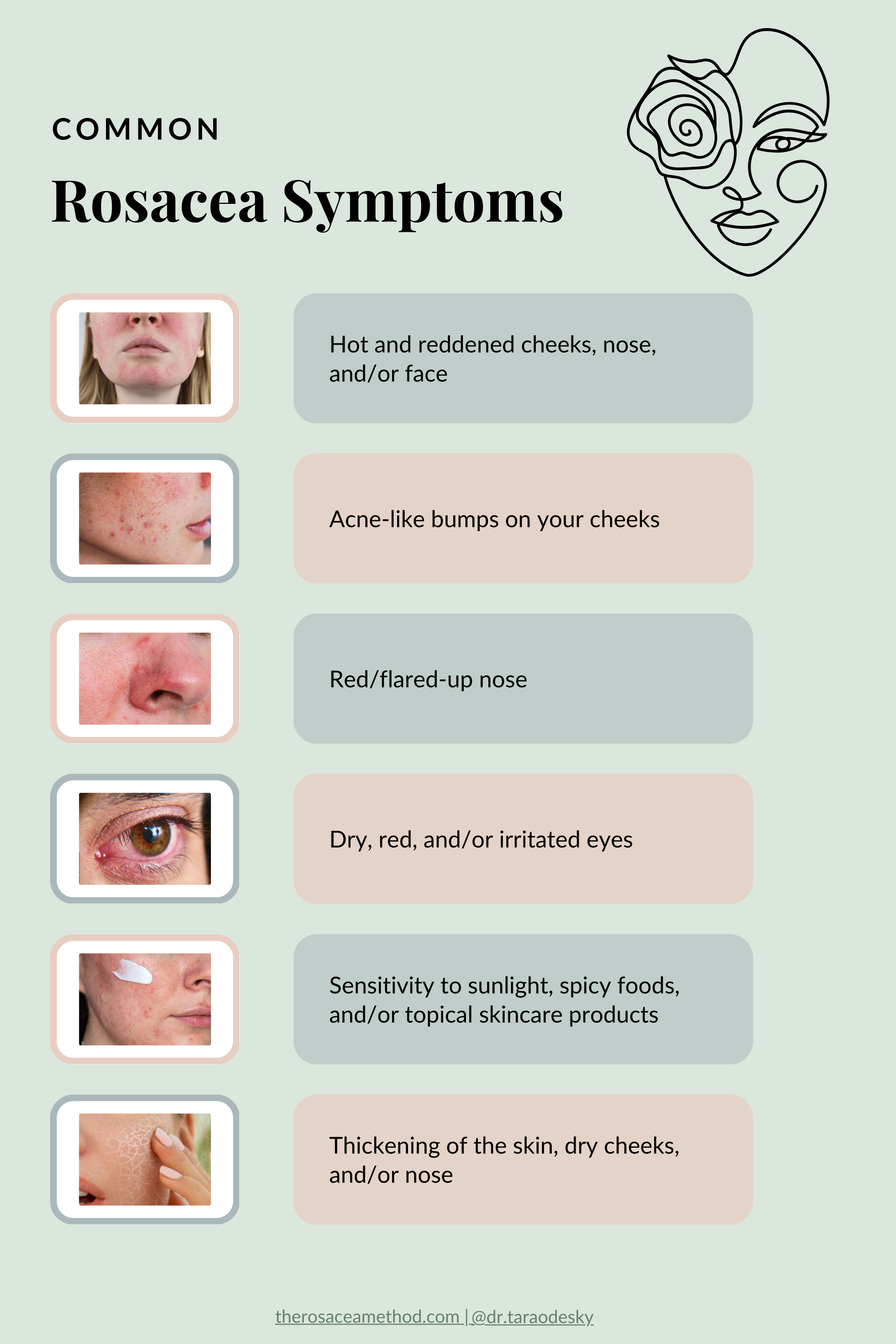
Rosacea is a common skin condition that causes redness and sensitivity to the face.
Symptoms of rosacea flareups may include:
- Heat and redness in cheeks, nose, and/or face
- Acne-like bumps on your cheeks
- Red/flared-up nose
- Dry, red, and/or irritated eyes
- Sensitivity to sunlight, spicy foods, and/or topical products
- Thickening of the skin, cheeks, and/or nose
How common is rosacea? Who does rosacea affect?
- Rosacea affects 10% of the population in the UK and the USA
- Worldwide, it affects over 400 million people
- Typically, it targets women between the ages of 30 and 50
- It is more common in people with fair skin and light eyes
The Cause of Rosacea is Unknown
There is no apparent cause of rosacea yet. However, research points to many biological similarities in Rosacea patients that must be researched more thoroughly. Some of these include:
- Immune System Defects
- Gut Dysbiosis (SIBO, H.pylori, etc.)
- Genetics
- Dysregulation of Neurovascular system
- Demodex Overgrowth
- Chronic inflammation due to other comorbidities such as cardiovascular disease, gastrointestinal disease, neurological and autoimmune diseases, and certain cancers
When to Seek Medical Care for Diagnosis and Treatment
Only a dermatologist can accurately diagnose rosacea. If you suspect you have rosacea, visit a dermatologist to rule out other similar skin conditions.
If you feel something may be a rosacea trigger or may cause a rosacea flare-up, inform a dermatologist of these factors.
Why Do So Many People Go Undiagnosed?
Rosacea is a condition that creeps in slowly. In fact, it may have been building internally for many years before you actually see it on the surface of your skin. It may start with a persistent red flush after a hot shower, tiny pimples on your cheeks, or a terrible sunburn after just a half hour in the afternoon sun.
By the time you see a dermatologist, these events are happening more frequently, and friends may have even commented,
“Wow, your face is really red!”
For some, the symptoms are subtle enough to ignore until one day, BAM, a rosacea flare-up strikes, and your skin is never quite the same.
9 Common Rosacea Triggers That Can Cause a Flare-Up and Make Rosacea Worse
While knowing and understanding the common rosacea triggers is essential, many doctors feel that avoiding these triggers is not a long-term solution.
Dr. Tara O’Desky, a functional medicine doctor and rosacea specialist, describes her own experience with rosacea:
“For years, I avoided sunlight, colorful foods, social outings, exercise, and so much more at the advice of my dermatologists. And while my rosacea seemed to be ‘managed,’ my diet was extremely limited, I was developing other health conditions, and my mental health was at an all-time low.”
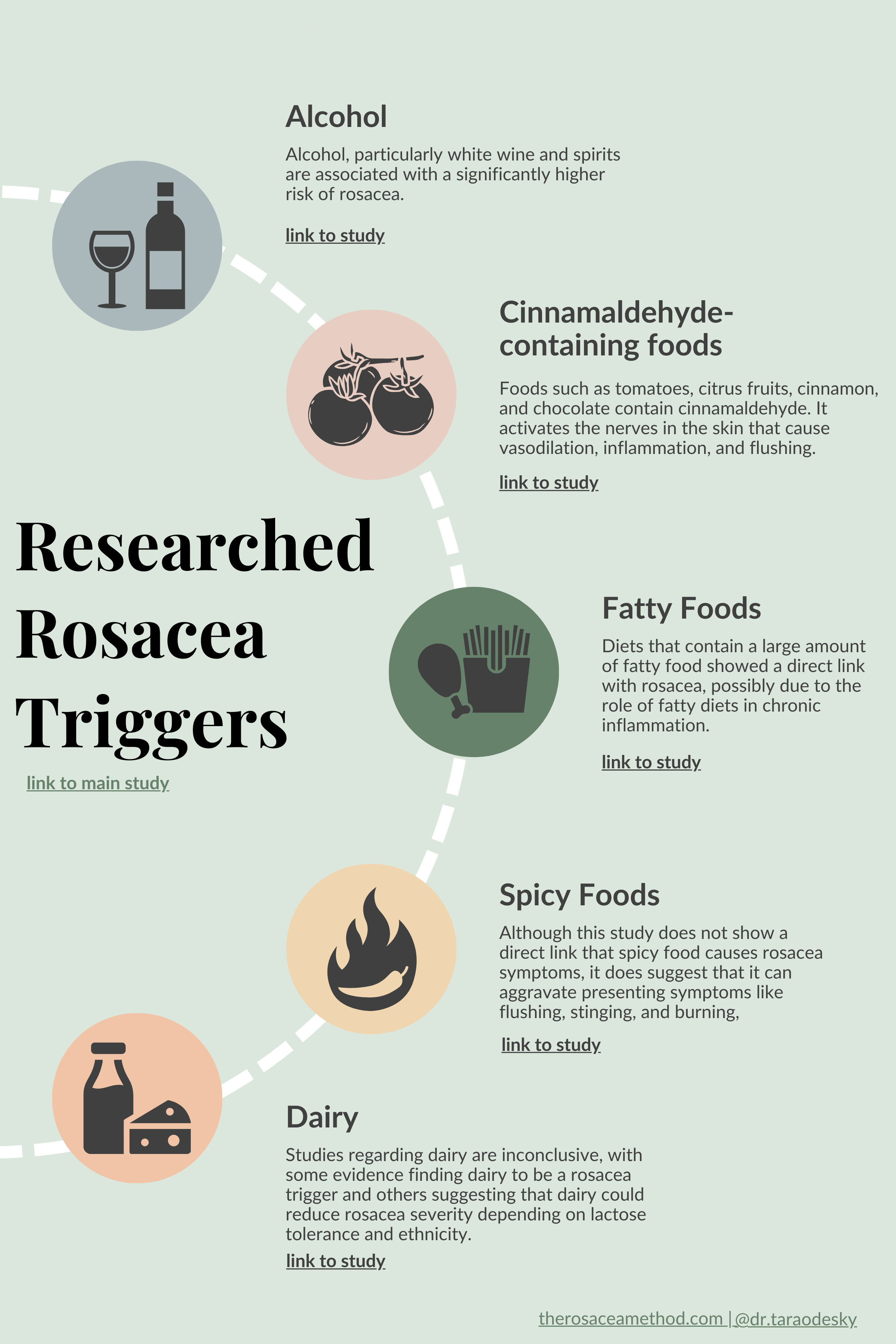
Source: National Library of Medicine2
Many practitioners are now focusing on internal healing rather than rosacea trigger avoidance, with promising results. Below are some of the most common rosacea triggers that cause flare-ups.
 1. Sunlight
1. Sunlight
Why this a Rosacea trigger: Sun exposure, particularly ultraviolet radiation, activates specific molecules in the skin called ROS (reactive oxygen species).
These molecules trigger inflammation that will initiate an immune response. Your face is hyper-sensitive to ultraviolet sunlight and responds the same way it would during an allergic reaction.
How to avoid a flare-up: Use a sun hat or baseball hat in direct sunlight. If using sunblock, make sure it’s a mineral sunblock, not a chemical sunblock, which can often cause allergic reactions.
 2. Emotional Stress
2. Emotional Stress
Why this is a Rosacea trigger: It turns out that nerve cells play a big role in regulating skin cells.
According to research by Dr. Richard Granstein, the Department of Dermatology’s chairperson at Weill Cornell Medical College, this can lead to inflammation and dilated blood vessels in the skin and possibly immune processes.
How to avoid a flare-up: At the first sign of stress or anxiety, remove yourself from the situation if possible, and begin deep breathing exercises.
 3. Hot Weather
3. Hot Weather
Why this a Rosacea trigger: Heat causes blood vessels to dilate, and when this occurs in the face, the result is a rush of blood and a visible rosy flush.
How to avoid a flare-up:
- Use a cooling towel around your neck.
- Immerse your feet or hands in cold water for a quick cool-down.
- Take frequent breaks in air conditioning to prevent overheating.
 4. Physical Activity
4. Physical Activity
Why this is a Rosacea trigger: Your body uses vasodilation (or widening your blood vessels) to carry the additional oxygen and nutrients that muscle cells need during exercise.
Unfortunately, this increased blood flow can also rapidly trigger rosacea symptoms.
How to avoid a flare-up: use a chilled or damp towel on your neck and drink plenty of water. Take frequent breaks and stay in a cold, air-conditioned room or outside when the temperature is mild so as not to overheat.
 5. Cinnamaldehyde Containing Foods
5. Cinnamaldehyde Containing Foods
Why this is a rosacea trigger: Cinnamaldehyde is another chemical found in foods such as cinnamon, tomatoes, and citrus, which can cause a similar flare-up response.
How to avoid a flare-up: It’s important to adjust your lifestyle by carefully reading food labels to avoid cinnamaldehyde; additionally, be mindful of these ingredients in restaurants and when cooking at home.
 6. Spicy Foods
6. Spicy Foods
Why this is a Rosacea trigger: Capsaicin is a chemical found in spicy food. When eaten, capsaicin can cause a specific receptor (TRPV1) to be activated, which can dilate blood vessels, thus inducing a flare-up.
How to avoid a flare-up: Many restaurants can make dishes “not spicy” by avoiding chili peppers, jalapeños, and other hots, which are known to cause a visible flare-up.
 7. Alcohol
7. Alcohol
Why this a Rosacea trigger: Alcohol triggers an immediate internal response in the form of dilated blood vessels to allow your body to quickly process the alcohol. Dilated blood vessels = rosacea flare-up.
How to avoid a flare-up: Wine is known to cause flare-ups more than other types of alcohol. Try different variations, such as beer or mixed drinks, to see if the flare-ups still happen. Or better yet, choose a fun, non-alcoholic beverage recipe!
 8. Medications
8. Medications
Why this a Rosacea trigger: Many common prescriptions can be rosacea triggers, such as:
- Steroids
- Blood Pressure Medications
- Opiates
While these do not cause rosacea, they can cause an internal reaction, which results in the classic rosacea flare-up.
How to avoid a flare-up: if you’re using a new topical medication, discuss possible reactions with your doctor and follow the skincare guidelines above.
 9. Skincare Products
9. Skincare Products
Why this a Rosacea trigger: Today’s skincare products have many unnecessary chemical ingredients, including:
- Artificial Colors
- Artificial Fragrances
- Alcohol
- Heavy Metals
- Irritants
Some other common skincare ingredients many people react to include:
- Witch Hazel
- Acetone
- Formaldehyde
- Glycolic acid
- Talcum
How to Avoid a Flare-up:
- Try a new skincare item on your inner wrist first and watch for a reaction for several days
- If that goes well, try a patch test on your jawline or upper forehead for at least 2 days
- Use a small amount on your face and again watch for a reaction
- Purchase clean brands with minimal ingredients and third-party testing for contaminants
Your Body and Rosacea Triggers
How the Dilatation of Blood Vessels (Which Decreases Blood Pressure) Can Cause a Rosacea Flare-Up
Vasodilation is an everyday bodily occurrence whereby your blood vessels widen for one of the following reasons:
- To distribute enough oxygen and nutrients throughout your body (exercise)
- To help regulate body temperature (stepping into a hot shower)
- To heal an infection in a specific area of the body (local swelling of an injury)
- In response to certain medications, foods, or drinks (alcohol)
Although vasodilation is a normal human response, a person with rosacea can deal with the resulting redness of increased blood flow several times throughout the day or even chronically.
Knowing what causes vasodilation naturally can help you navigate a minefield of potential Rosacea triggers and flare-ups.
How to Find & Confirm Your Rosacea Triggers
Keep a rosacea journal and make a note of each time you flared up and what happened to cause the flare-up.
If you know a situation that always frustrates you, such as standing in line at the store, make adjustments so you no longer have to experience this.
Preventing Rosacea Flare-Ups Naturally with Nutrition
In a 2018 survey, 73% of patients reported that changing their diet did reduce rosacea exacerbation frequency. 3
Doctors typically advise patients to avoid:
- Spicy Foods
- High Histamine Foods
- Nightshades
But this can leave a person struggling to find nutritious meals.
Conversely, many rosacea patients have seen success by broadening their diets to include foods that focus on gut healing and liver support instead of concentrating on avoiding rosacea triggers.
In an NRS survey of 400 patients, 78 percent had changed their diet as a measure to control rosacea. Seventy-five percent of patients in this group subsequently had a reduction of rosacea flares.4
The Bottom Line:
Uncover Your Rosacea Triggers & Prevent Unexpected Flare-ups
Uncovering your own rosacea triggers is easier said than done. But by making modifications to your daily activities, you may be able to prevent these triggers from causing a stubborn rosacea flare-up.
However, it is also crucial that you don’t stop living your life.
To do that, you should make small changes to your diet and lifestyle to uncover what specific situations, environments, and foods will potentially bring on your own rosacea flare-ups.
And by focusing on healing internally, you can take control of your symptoms so that these flare-ups will no longer interfere with life events.
FAQs About Rosacea Triggers and Flare-Ups
Q: What are the top triggers for rosacea flare-ups?
A: The top triggers for rosacea flare-ups include:
Stress
Sun exposure
Hot weather
Wind
Heavy exercise
Alcohol
Hot baths
Spicy foods
Q: How can I avoid rosacea flare-ups?
A: To avoid rosacea flare-ups, identify and avoid the rosacea triggers mentioned above. Additionally, sticking to a gentle skincare routine and avoiding the temptation to buy more topical products can save you from the dreaded allergic reaction.
Q: What role does caffeine play in triggering rosacea flare-ups?
A: Caffeine has the potential to trigger rosacea flare-ups in some individuals. Be aware of your caffeine intake and consider reducing it if you find it exacerbates your symptoms.
Q: Where can I find additional information about managing rosacea triggers?
A: You can find valuable information about managing rosacea triggers from practitioners who look at the body as a whole, not just the skin. These can include naturopathic physicians, functional medicine doctors, and holistic health professionals.
Q: Can environmental factors trigger rosacea flare-ups?
A: Yes, a rosacea flare-up could be the result of environmental factors such as:
-Sun exposure
-Wind
-Hot weather
Protecting your skin from these elements can help minimize rosacea flare-ups.
Q: What is the role of lifestyle changes in managing rosacea?
A: Making lifestyle changes such as avoiding people and situations which cause anxiety and establishing a gentle skincare routine can significantly help manage your symptoms and minimize rosacea flare-ups.
Q: Is laser treatment a practical option for managing rosacea symptoms?
A: Laser treatment is often promoted as an effective option for managing specific symptoms of rosacea, such as redness and visible blood vessels. However, it’s best to consult a dermatologist to determine if this treatment suits your case. Many people report worsening symptoms after topical treatments including laser, microdermabrasion and others.
Q: How can keeping a diary help identify rosacea triggers?
A: Keeping a diary of your daily activities and food intake can help you identify patterns and potential triggers for your rosacea flare-ups. This information can then be used to make necessary adjustments to manage your symptoms better.
Q: Can stress be a trigger for rosacea flare-ups?
A: Yes, stress is a common trigger for rosacea flare-ups. Calming activities like meditation, exercise, and therapy can help manage and reduce the stress affecting your rosacea symptoms.
References
- https://scholar.google.com/scholar_lookup?journal=J+Clin+Aesthet+Dermatol&title=Quality+of+life+in+individuals+with+erythematotelangiectatic+and+papulopustular+rosacea:+findings+from+a+web%E2%80%90based+survey&volume=11&publication_year=2018&pages=47-52&pmid=29552276& ↩︎
- https://www.ncbi.nlm.nih.gov/pmc/articles/PMC8794493/ ↩︎
- https://scholar.google.com/scholar_lookup?journal=J+Investig+Dermatol+Symp+Proc.&title=Neurovascular+aspects+of+skin+neurogenic+inflammation.&author=AA+Aubdool&author=SD+Brain&volume=15&issue=1&publication_year=2011&pages=33-39& ↩︎
- https://www.ncbi.nlm.nih.gov/pmc/articles/PMC8794493/ ↩︎
MEDICAL DISCLAIMER
This content is for informational and educational purposes only. It is not intended to provide medical advice or to take the place of such advice or treatment from a personal physician. All readers/viewers of this content are advised to consult their doctors or qualified health professionals regarding specific health questions. Neither Dr. Tara O’Desky nor the publisher of this content takes responsibility for possible health consequences of any person or persons reading or following the information in this educational content. All viewers of this content, especially those taking prescription or over-the-counter medications, should consult their physicians before beginning any nutrition, supplement or lifestyle program.
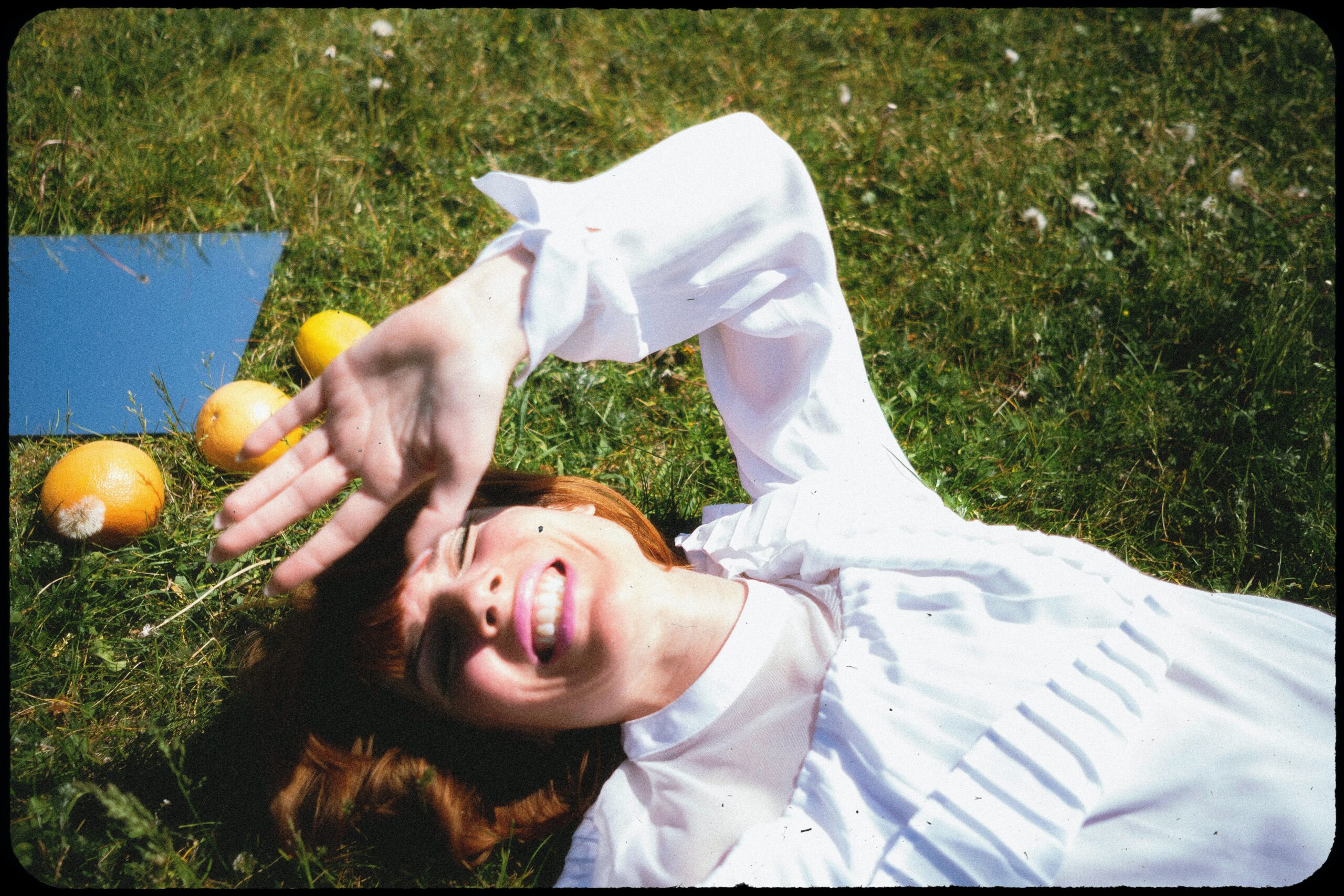
Leave a Reply
Learn More About Me
20 years of rosacea
- rosacea
- chronic skin issues
- gut issues
- food sensitivities
- inflammatory conditions
After 20 years of ineffective treatments and medications, Dr. O'Desky reversed her rosacea 100% through dietary changes and food-based medicine.
Health Coach & Holistic Skin Expert
Meet
Dr. Tara O'Desky
Since developing her own holistic healing program,
The Rosacea Method, she has helped countless patients of all ages with:
- rosacea
- chronic skin issues
- gut health
- food sensitivities
- inflammatory conditions
Dr. O'Desky continues to see patients in private practice in the USA and also sees clients via Telehealth. She currently offers various programs and workshops for people all over the world dealing with chronic health issues, poor gut health, and rosacea.
Health Coach and Holistic Skin Expert
Meet Dr. Tara O'Desky
-L. M.
"I want to say thank you so much for the program!
I never feel hungry anymore. My diet has opened up a ton and I feel really healthy and excited learning that there’s so many things I can eat now that are healthy and tasty. I felt good through the entire cleanse and my skin has definitely improved."
-Anonymous
"I felt so hopeless and I could not see light at the end of the tunnel. Now I have hope again and I feel more positive about my situation overall! Yes it can definitely heal, I have so so sure others heal! This program is great, I feel like It covers everything! Thank you! "
-Darlene B
"For the first time in 6 years, I feel like I have been given a clear direction to go in that will actually heal my skin. There's so much guess work that comes along with skin complications and Tara helps to clear all that up.Recommend 1000%."
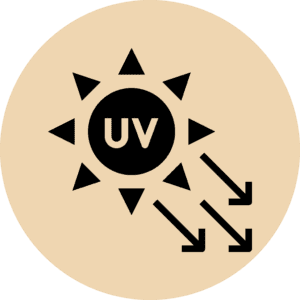
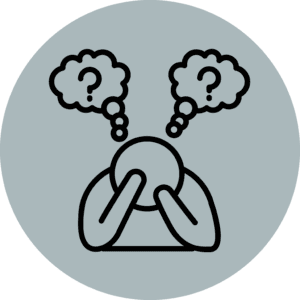 2. Emotional Stress
2. Emotional Stress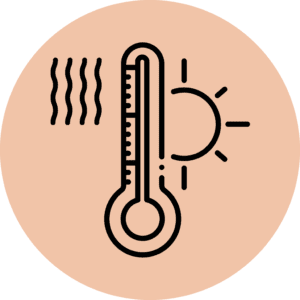 3. Hot Weather
3. Hot Weather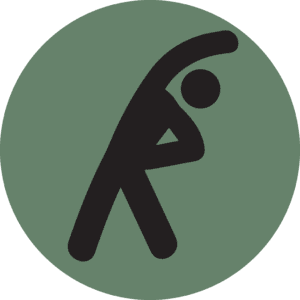 4. Physical Activity
4. Physical Activity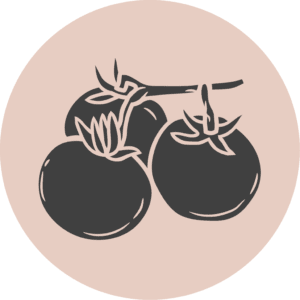 5. Cinnamaldehyde Containing Foods
5. Cinnamaldehyde Containing Foods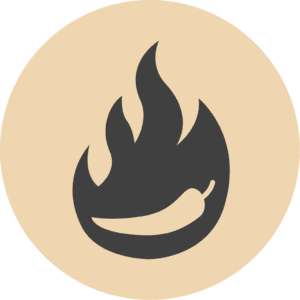 6. Spicy Foods
6. Spicy Foods 7. Alcohol
7. Alcohol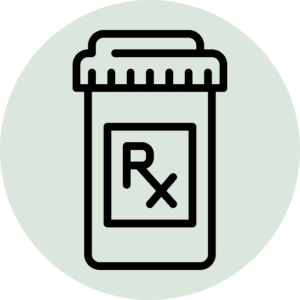 8. Medications
8. Medications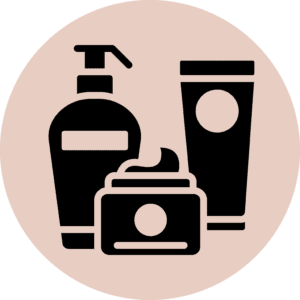 9. Skincare Products
9. Skincare Products
I have just recently come across your page and it has been so helpful and very informative! A lot of eye opening information that I had not even been aware of! Thank you for being open and sharing your story for us!
Absolutely! We’ve been in the dark for far too long!
Alcohol causes me to flare, but only sometimes! Is this common?
Yes! If you go back to my bucket theory, alcohol can sometimes “tip the bucket” but not always. It depends on what else is in the bucket!
The information is so helpful. As I kept reading and reading, it really made me dive into my own system and questioned the path I am going through. Thank you for bringing this to light to me and all of us!
So happy you enjoyed it!
What most impact has in my rosacea it is the stress, emotional issues and spicy foods.
Yes most people with rosacea are also affected by these!
So helpful! Thank you for all the info!
I am doing as much research on this journey as possible and enjoy the information you share! I refuse to use a prescription for the rest of my life. I know there’s a better way. Thank you for explaining triggers and why they can happen instead of just saying “stop eating this, drinking this, doing this forever”.
Yes! Triggers are NOT the solution, just a signal that your body is unhappy!
Hooray!! Looking forward to trying your program. Can’t wait.
Yay!
So insightful and clear. Thank you
My pleasure!
Been watched your 101 webinar and am so happy I found your content. Going to take your course to help my Fiancé
Wonderful! People often do it as a team, and it can help everyone, even those without rosacea!
How do you know what the cause is if you are constantly red and inflamed?
There are several underlying causes which are common to most people with rosacea. In my program I go over these extensively in my program!
I really want to know more about rosacea and the mind. How a healthy mindset is important. But how?
We tackle this in my program- I have a module on the emotional piece with an expert workshop. Your thoughts are key when it comes to overall health!
This information felt very close to my soul. Every day I have to consider going out into the sun and if there is shade/did I pack my hat/will people ask me what’s wrong with my skin?
I hope one day to be able to heal my skin from the inside out. Thanks Tara
You will be able to heal! And I do remember those feelings… I dealt with it for 20 years and still healed 100%!
Your tips has made my rosacea much better! You’re an angel, thank you so much ❤️
I’m so happy to hear it’s improving!
Love reading everything about you amd your program ❤️ I have learnt a lot but will join up and learn more ..Thankyou for all your support to us all x
You’re so very welcome!
My question is how or why soolantra/irvemectin which intended for mites helps if i have a bad flare from food? (One of my triggers, which is tomatoes)?
The mites don’t cause rosacea, but they can make your symptoms worse. Best to focus on internal healing and then you won’t react to foods, and you won’t react to demodex mites!
I struggle with many symptoms since early childhood. (Something off in digestion is one reason, and another is the ability to release or coöp stress/adrenaline). No doctor could help me to find answers. Trying to learn figure it out by myself. Eating wholefoods, and less-no fats.
I am wondering did you see some similar cases with lifelong symptoms/illnesses that healed rosacea symptoms?
Yes! But usually the body heals as a whole. It’s likely that whatever is causing your digestive issues and stress is also causing rosacea.
My symptoms are more rash like bumps all over my face nothing seems to help 😟
This is common in Type 2 rosacea! Topical treatments usually don’t do much, but internal healing can be very helpful!
There are alot of things I didn’t know about rosacea that are on here.
Great! It’s my passion to educate about the REAL rosacea causes!
Your blog & instagram posts have been so informative & helpful!
So happy it’s been helpful to you!
Finding the root cause is crucial!
Absolutely!
Dear Dr. Tara I’m grateful for your introduction to the significance of diet and gut health in managing rosacea. Your insightful guidance has been instrumental in fostering both my skin and overall well-being. Thank you for sharing your knowledge and making a positive impact on my health journey. I’m only just beginning but what a relief it is to hear that we can heal. Thank you truly
I’m so happy you’re on your way to healing!
Recently discovered that nightshades are a huge trigger for me. After looking into it further I’ve found my mom can’t have tomatoes and neither could my great aunt.
It’s all starting to make sense.
Yes, many people with rosacea cannot tolerate nightshades. However this is temporary, because as your gut heals, most food sensitivities do as well!
I am so thankful I have discovered your page and I hope to be able to sign up to your method. I’ve tried everything and am desperate to get back to my outgoing lifestyle . You give me hope. Thank you from Australia.
I’m so happy you found me! Don’t give up, you’ll get there!
I am very thankful I have discovered your page and I hope to be able to sign up to your method. I’ve tried everything and am desperate to get back to my outgoing lifestyle . You give me hope. Thank you from Australia.
I appreciate how much information that you share!
Fantastic blog and Instagram page. Has helped me so much since being diagnosed a few months ago, am hoping to continue to learn and improve my skin/overall health!
So happy you’re finding it helpful!
Strangely my rosacea was almost non-existent when I was living in the Caribbean under a lot of sun & much hotter weather! Alcohol, high histamine foods and emotional stress are definitely huge triggers for me.
Thank you for your work, slowly implementing things into my life from your instagram page & I have hope 🙏
I hear this all the time… when people move to American and start eating our processed foods and living indoors, your health suffers. I’m so glad you found my page!
I’m grateful for all the knowledge you share about Rosacea on your IG page. It’s very helpful. Thank you!
So much clear information, thank you!
Oof. I needed to read all of this. I’ve had a huge flare up this year. I was really enjoying grapefruits! Now I see they could have made my skin so much worse. I cut out gluten entirely, started healing my gut and doing a gentle cleanse protocol. My skin was starting to clear up from type 2 symptoms. I’ve avoided tomatoes and tomato sauce for, many years. Until my boyfriend requested I make spaghetti bolongnese for his birthday dinner. I couldn’t resist having some of it because I made a masterpiece of a sauce! I am paying dearly for it now. My skin has never been so bad. I realize there’s a long road ahead. I’m so curious about what I don’t yet know about this journey….
If you ate some of the spaghetti you could have been reacting to the gluten! Especially if you’ve been GF for a while now. I do hope you join the program because we can help you navigate all of this!!
My skin has improved so much by following your tips. Thank you 🥰! I’m so happy I found you!
Thank you for the Information and your work!
(I’d love to participate in your give-away)
You’re so very welcome!
Thank you for all the great information!
My pleasure!
Thanks for the wonderful information!
Thank you for this article! I have celiacs and am dairy free so always trying to investigate any potential food triggers
Rosacea has caused me a lot of issues hopefully this can help with some of those. Thank you for the write up
Thank you for sharing all this precious information!
You’re very welcome!
Wow this is so interesting I’ve been struggling for over a year now and looking for the root cause!
Hope it helps! You can definitely find the root cause, it just takes a bit of knowledge!
I’ve been struggling so much since I had a total hysterectomy in September of 2023. Very glad I found your blog
I’m so sorry. Your body CAN heal.
Your blog is a beacon of hope for those of us navigating the challenges of rosacea. Your insights and personal stories not only educate but also inspires me to take proactive steps in my skincare journey. Thank you for sharing.
You’re so very welcome!
Thank you for all the information you share. It really is all so confusing and frustrating knowing what to do or not do.
I felt like that for 20 years! Which is why I developed the program!!!
This is all such amazing information! I have started my detox journey but really needing that extra push and guidance as I’m still getting flares. Very curious about what else there is to find out about on this journey.
Oh there’s SOOOO much to learn! It’s really fascinating to learn all that’s really behind rosacea!
Thank you for sharing your insight into rosacea! I’ve been following your Instagram for over a year, and it has been incredibly helpful—especially in understanding how much the emotional side impacts rosacea itself. Your content has really opened my eyes to the mind-skin connection, and I appreciate all the work you do to educate and support the rosacea community!
I’m so glad you’ve found it helpful! Emotions play a huge role!!!
Thank you for a very interesting read! There are so different things that could be triggers for me.
Don’t worry- healing has nothing to do with triggers! Once you’ve healed, triggers don’t exist. You’ll get there!